 October 17, 2024
October 17, 2024
In today’s world, air quality plays a critical role in health and well-being. Whether it’s for hospitals, cleanrooms, or air purifiers, HEPA H14 filters have become a gold standard for capturing airborne particles and ensuring the highest level of filtration. But what makes these filters so special? In this article, we’ll break down what a HEPA H14 filter is, how it works, where it’s used, and why it’s important in different industries.
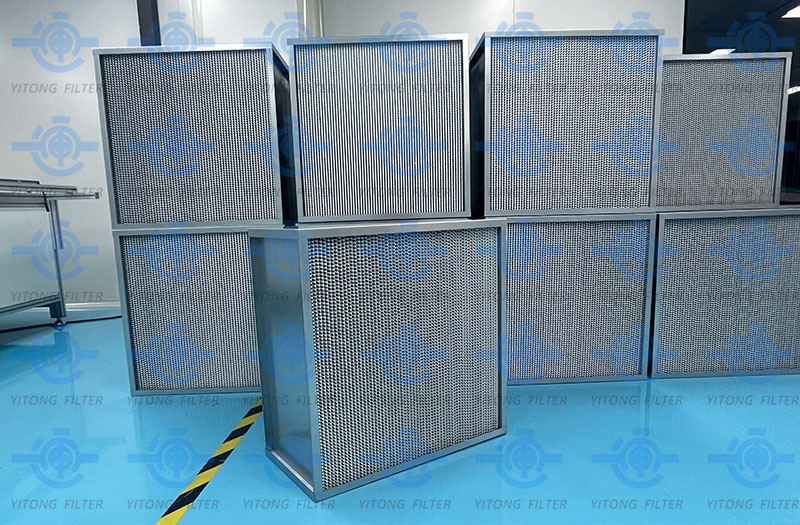
A HEPA (High-Efficiency Particulate Air) filter is designed to trap extremely small particles that are invisible to the naked eye. Filters are classified based on their efficiency, with H14 being one of the highest grades. An H14 filter captures 99.995% of particles down to 0.3 microns, including dust, mold, pollen, and even bacteria or viruses. These tiny particles can cause respiratory issues or contaminate controlled environments, so HEPA filters are vital in many applications.
The EN 1822 standard (European Norm) regulates and classifies these filters based on their filtration performance. An H14 filter is one of the top grades within this standard, making it highly effective for cleanroom air filtration and other environments where air purity is essential.
While HEPA filters are already known for their efficiency, some might wonder how they compare with ULPA filters (Ultra-Low Particulate Air filters). Although ULPA filters offer an even higher filtration efficiency, they also restrict airflow more than high-efficiency particulate air filters like HEPA H14. This makes HEPA H14 filters a better option for HVAC systems and other applications where high airflow and filtration efficiency must be balanced.
Due to their filtration grade, HEPA H14 filters are used in a variety of settings where air quality is critical. Let’s explore some of their most common applications:
1. Cleanrooms and Laboratories
In ISO 14644-compliant cleanrooms, where the air must be free from contaminants, HEPA H14 filters play a crucial role. Laminar flow cabinets used in research labs also rely on H14 filters to prevent cross-contamination.
2. Hospitals and Medical Facilities
Medical-grade air filtration is necessary in environments such as surgical rooms and isolation units. Hospital HEPA filters ensure the air remains sterile by trapping airborne pathogens and preventing the spread of infections.
3. Pharmaceutical Manufacturing
Pharmaceutical facilities must adhere to strict air quality standards to ensure product safety. H14 air filters in HVAC systems are essential in preventing contamination during production and storage processes.
4. Air Purifiers and Home Use
Many air purifiers with H14 filters are now available for residential and commercial use. These filters provide enhanced protection by removing even the smallest particles, improving indoor air quality for people with allergies or respiratory conditions.
Not all H14 filters are the same. They come in various forms to suit different needs. Some of the popular types include:
Pleated H14 Filters: These filters have a pleated design to maximize the surface area, allowing them to capture more particles.
Washable HEPA Filters: Some washable H14 filters can be reused after cleaning, making them more sustainable.
Compact Filter Units: These are ideal for installations where space is limited but high-efficiency filtration is required.
Replacement Filters: Regular replacement is essential to maintain optimal performance, especially in high-traffic areas.
High-Airflow H14 Filters: These filters are designed to offer superior airflow without compromising on filtration efficiency.
To ensure that an H14 filter performs as advertised, manufacturers must adhere to international standards like EN 1822 and ISO 14644. When buying or using HEPA filters, it’s crucial to look for certified filters that meet these standards to guarantee their performance.
Additionally, in some regions, meeting EPA (Environmental Protection Agency) standards is also necessary for filtration systems used in public spaces, such as schools and airports.
If you’re considering upgrading your air filtration system, switching to H14 filters can offer significant advantages:
Enhanced Air Quality: Removes microscopic particles that other filters might miss.
Improved Health and Safety: Protects people from airborne viruses and allergens.
Regulatory Compliance: Helps meet the air quality standards required for sensitive environments like cleanrooms and hospitals.
Energy Efficiency: Although H14 filters offer high filtration efficiency, compact filter designs can ensure that HVAC systems maintain good airflow without increasing energy consumption.
Versatility: Suitable for various industries, including healthcare, pharmaceuticals, and residential use.
To ensure your H14 filters function effectively, follow these maintenance tips:
Replace filters regularly, especially in high-traffic or highly polluted areas.
Check airflow levels in HVAC systems to avoid pressure drops caused by clogged filters.
Use replacement filters recommended by the manufacturer to maintain certification standards.
If using washable HEPA filters, follow the cleaning instructions carefully to avoid damaging the filter.
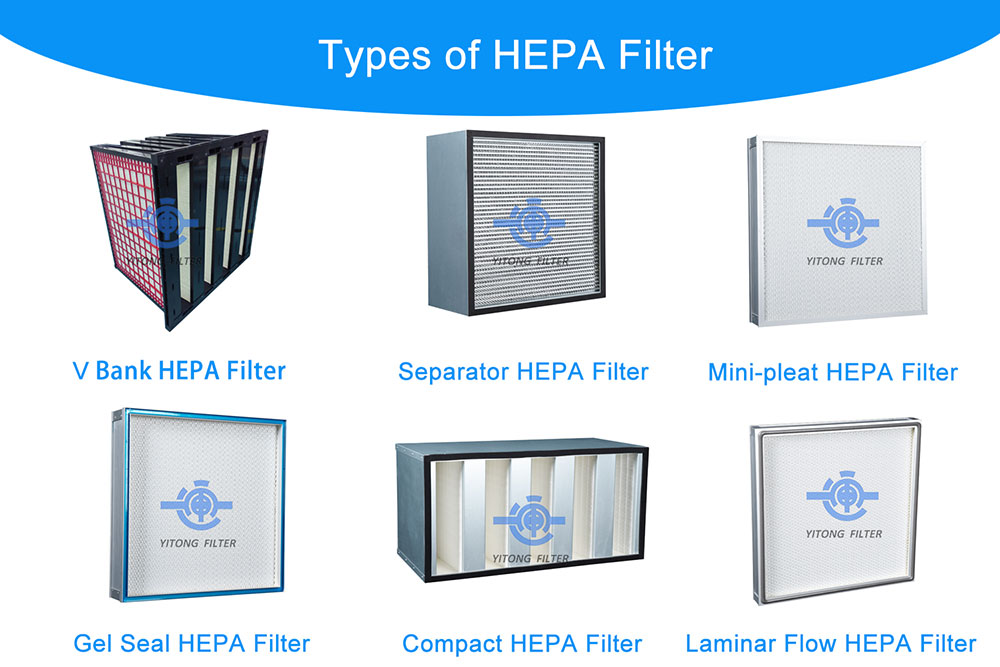
In summary, HEPA H14 filters provide one of the most effective solutions for air filtration, offering 99.995% efficiency in capturing particles as small as 0.3 microns. Whether you’re installing them in cleanrooms, hospitals, or air purifiers, these filters ensure the highest level of protection against airborne contaminants.
By meeting EN 1822 standards and offering reliable filtration performance, H14 filters help industries comply with regulatory requirements while improving indoor air quality and safeguarding health. With compact filter units, high-airflow designs, and washable options available, they offer both versatility and efficiency for a range of applications.
If you want to ensure the best air quality in your environment, upgrading to a HEPA H14 filter is a smart investment. Whether for personal use or industrial applications, these filters are essential for maintaining clean, safe air.
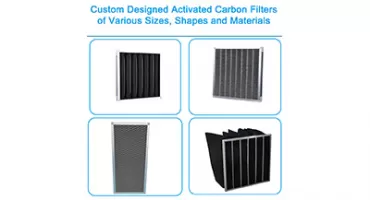 Mar. 05, 2024
The Science Behind Chemical Air Filters: Enhancing Indoor Air Quality
Mar. 05, 2024
The Science Behind Chemical Air Filters: Enhancing Indoor Air Quality
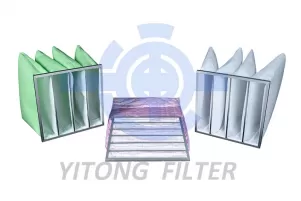 Aug. 02, 2023
The Difference Between Medium Efficiency Filters F6 and F7
Aug. 02, 2023
The Difference Between Medium Efficiency Filters F6 and F7
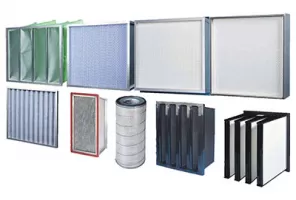 Apr. 10, 2024
Types of Air Filters Used in Mushroom Farming
Apr. 10, 2024
Types of Air Filters Used in Mushroom Farming

